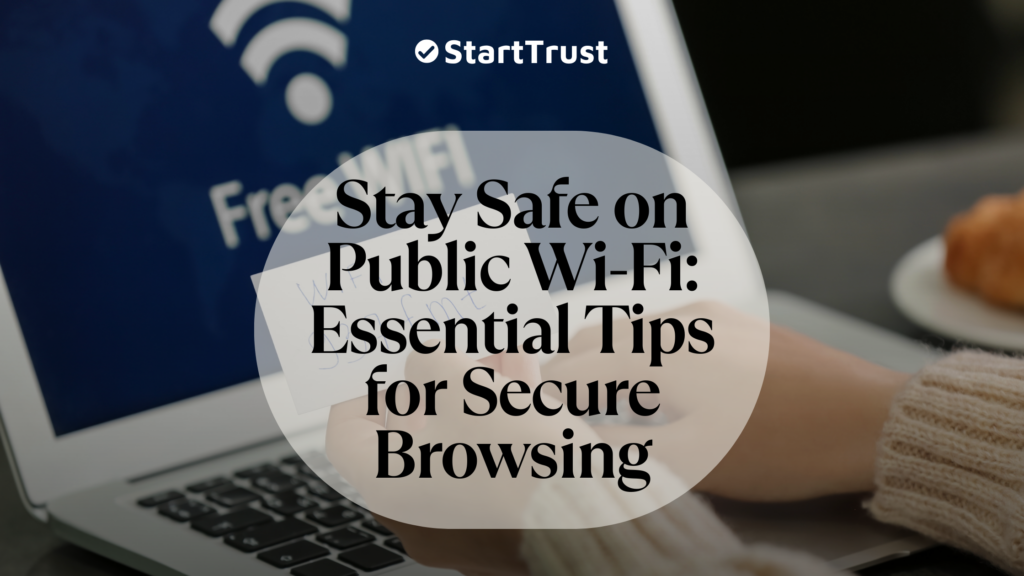
In today’s interconnected world, public Wi-Fi has become a ubiquitous convenience, available in cafes, airports, hotels, and other public places. While it offers easy access to the internet, it also poses significant security risks. Cybercriminals often target public Wi-Fi networks to intercept data, launch attacks, and steal personal information. To ensure your online safety, follow these essential tips for secure browsing on public Wi-Fi.
1. Avoid Accessing Sensitive Information
Public Wi-Fi networks are inherently insecure, making it risky to access sensitive information such as online banking accounts, personal emails, or any service requiring a login. Save these activities for when you are connected to a secure, private network.
2. Use a Virtual Private Network (VPN)
A VPN is a powerful tool that encrypts your internet connection, making it much harder for hackers to intercept your data. When using a VPN, your online activities are routed through a secure server, masking your IP address and ensuring your privacy. There are many reliable VPN services available, both free and paid, that you can use to enhance your security on public Wi-Fi.
3. Enable Two-Factor Authentication (2FA)
Two-factor authentication adds an extra layer of security to your online accounts by requiring a second form of verification, such as a text message code or an authentication app. Even if a hacker manages to obtain your password, they would still need the second factor to gain access to your account.
4. Keep Your Software Updated
Outdated software can have vulnerabilities that cybercriminals exploit. Ensure that your operating system, browser, and any installed applications are up-to-date with the latest security patches. Enable automatic updates to stay protected without having to remember to manually update your software.
5. Use Secure Websites (HTTPS)
When browsing the internet, ensure that the websites you visit use HTTPS rather than HTTP. HTTPS encrypts the data exchanged between your browser and the website, providing an additional layer of security. Look for the padlock icon in the address bar to verify that a site is using HTTPS.
6. Disable File Sharing and AirDrop
File sharing features, such as AirDrop on Apple devices, can be convenient but also expose your device to potential security threats on public Wi-Fi. Disable these features when connected to a public network to prevent unauthorized access to your files.
7. Turn Off Automatic Wi-Fi Connections
Many devices automatically connect to known Wi-Fi networks, which can be risky if your device connects to a malicious network that mimics a legitimate one. Turn off automatic connections and manually select the network you want to join to ensure you are connecting to a trusted source.
8. Use Antivirus and Anti-Malware Software
Reliable antivirus and anti-malware software can help protect your device from malicious attacks while using public Wi-Fi. Regularly scan your device for threats and keep your security software up-to-date to defend against the latest vulnerabilities.
9. Be Cautious with Public Computers
If you need to use a public computer, avoid accessing sensitive accounts or entering personal information. Public computers may have keyloggers or other malicious software installed that can capture your keystrokes and compromise your data.
10. Log Out of Accounts When Finished
Always log out of your accounts when you finish using them, especially on public Wi-Fi. Simply closing the browser window may not be enough to terminate your session, leaving your account vulnerable to unauthorized access.
Conclusion
While public Wi-Fi provides convenient internet access, it also comes with inherent risks. By following these essential tips, you can significantly enhance your security and protect your personal information from cyber threats. Stay vigilant, use the right tools, and prioritize your online safety to enjoy a secure browsing experience on public Wi-Fi networks.